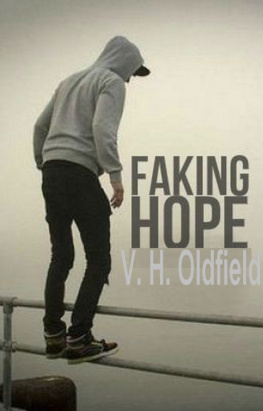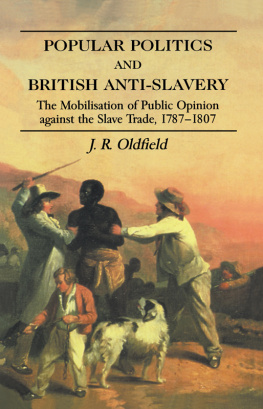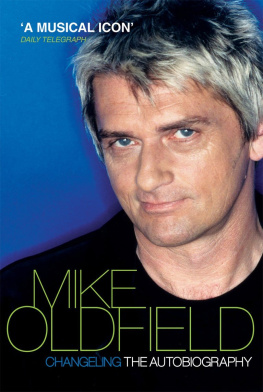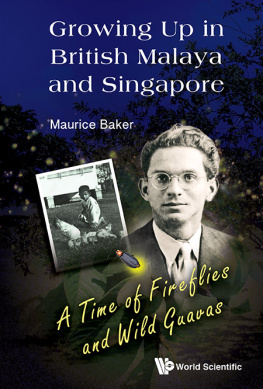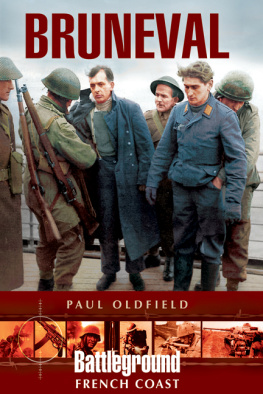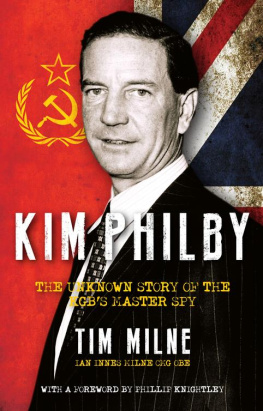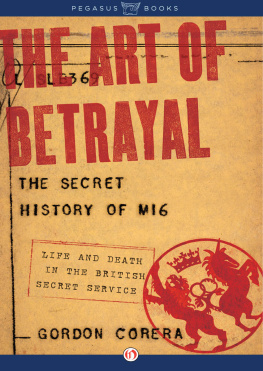Contents
SPYMASTER
The Life of Britains Most Decorated Cold War Spy and Head of MI6, Sir Maurice Oldfield
Martin Pearce
TRANSWORLD PUBLISHERS
6163 Uxbridge Road, London W5 5SA
www.penguin.co.uk
Transworld is part of the Penguin Random House group of companies whose addresses can be found at global.penguinrandomhouse.com
First published in Great Britain in 2016 by Bantam Press
an imprint of Transworld Publishers
Corgi edition published 2017
Copyright Martin Pearce 2016
Cover figures Arcangel.
All other photographs Shutterstock
Design by Stephen Mulcahey/TW
Martin Pearce has asserted his right under the Copyright, Designs and Patents Act 1988 to be identified as the author of this work.
Every effort has been made to obtain the necessary permissions with reference to copyright material, both illustrative and quoted. We apologize for any omissions in this respect and will be pleased to make the appropriate acknowledgements in any future edition.
A CIP catalogue record for this book is available from the British Library.
Version 1.0 Epub ISBN 9781473525351
ISBN 9780552171625
This ebook is copyright material and must not be copied, reproduced, transferred, distributed, leased, licensed or publicly performed or used in any way except as specifically permitted in writing by the publishers, as allowed under the terms and conditions under which it was purchased or as strictly permitted by applicable copyright law. Any unauthorized distribution or use of this text may be a direct infringement of the authors and publishers rights and those responsible may be liable in law accordingly.
1 3 5 7 9 10 8 6 4 2
Contents
For J.T.P. and Grandma Sadie
Introduction: Uncle M
APART FROM AN enduring love of the James Bond films especially the early ones until I started researching this book I didnt have a particular interest in spies or espionage. What I did have was an uncle who was, for a time, probably the most famous spymaster in the world. Had he been a famous footballer, or an actor, or a pop star, I would have known all about him and what he did. When your uncle is a spymaster, all you really know is his name and his job title everything else is just speculation. Was he really James Bonds boss, the grumpy M? Or was he George Smiley from the John le Carr novels, films and television series? Or was he nothing of the kind?
Sir Maurice Oldfield was the oldest brother of my grandma, Sadie Pearce. Even though he had ten brothers and sisters, it was always Sadie to whom he was the closest, to whom he spoke the most, in whom he confided the most. Their brother Joe said to me when I was asking him about Maurice, Martin, you probably know more about his work than I do. You have to remember he went away to Manchester and then to the war when I was still very young, and when he came back we talked about village life and farming. He really spoke mostly to your grandma.
I remember Uncle Maurice very well. As children he always had time for us, his great-nephews and -nieces, and would tell us about his travels and the people he met. He never forgot a birthday, and given that the number of his blood relations was probably doubled by the multiple god-children he had, such attentiveness was quite an achievement. I remember telling him that I would like to write stories, and being delighted when for my eighth Christmas a typewriter arrived, with a tag saying Send me a copy of your first book, Merry Christmas, M. Sadly that was not to happen: I couldnt figure out how to change the ribbon.
What was mysterious about Uncle Maurice was that, given he was a spymaster, he really never seemed very mysterious at all. He was funny, friendly and kind, and the only thing that seemed different about him from the rest of the family was that he spoke posh, as we Derbyshire folk would say. But then, people have told me that he would occasionally, when dealing with the posh, speak Derbyshire in order to disarm them.
I remember Grandma being called to London and hanging up her apron or kicking off her farming boots to go and accompany him to dinner with politicians; I can recall the drama of his appointment to Northern Ireland, the great sadness and worry of his last few months in 1981 when Grandma was away from home to care for him, and the hurt that was caused by rumour six years after he died. Since his passing there has barely been a year when he has not been in the papers for some reason or another; sometimes being spoken of favourably in Parliament or the media during discussion of an intelligence disaster of the day, sometimes in a list of people involved in a sex scandal. And, of course, every time a new Bond film comes out.
The biography of Maurice that came out thirty years ago was for me something of a disappointment. This wasnt because of factual mistakes, or personal details I knew to be wrong, but because it didnt describe the person I knew. It nearly got him, but not quite. Family members and friends have always told little stories about Maurice, and as his surviving siblings and colleagues are ageing dramatically and their recollections destined to be lost, I felt it was time to try to build as complete a picture of him as I could. I set about talking to as many of Maurices old colleagues, friends and family members as would speak with me, and have studied hundreds of papers, books and archives.
Maurices papers from his London flat were taken by MI6 within hours of his death in 1981, and from looking into what might have become of them I suspect anything too sensitive would have been returned when he retired as Chief of MI6 in 1978. This view is supported by an intriguing incident I discovered early in my research, and which is explored later in the book. Its also worthy of note that when Maurice died his lawyers told the family that his remaining, vetted, papers and his vast library of books would be given to Manchester University but when I approached the archivist about this I was told nothing had ever been handed over. There were, though, personal things he kept out of official hands by making sure the family had them before he died and so I have his many address books, several notebooks, his passports and various day diaries he kept out of MI6s way in Derbyshire. I hope all of this has helped to provide as complete a picture of Maurice and his life as its possible to achieve without access to MI6s own files.
When you speak to anyone who actually works in espionage, as I have recently had cause to do, you soon realize that the world of secret intelligence has little in common with Ian Flemings superhero. Its far more complex and nuanced, rooted in politics, personalities, international relations and, in Britain, historically at least, an underlying culture of class issues. Bond is the eternally cool icon, all action yet casually dusting down his dinner jacket after his latest scrap and then smoothly getting the girl, but the reality is very different.
Unlike its American counterpart the Central Intelligence Agency, the British Secret Intelligence Service has retained its secrecy. Whereas the CIA has been scrutinized by politicians, the British equivalent has always been able to operate in the knowledge that its files will never be released. While it is answerable to the Foreign Secretary, and ultimately the Prime Minister, what goes on behind its closed doors remains shrouded in mystery. The organization is even known by two different acronyms, SIS and MI6, depending on to whom you are talking.





